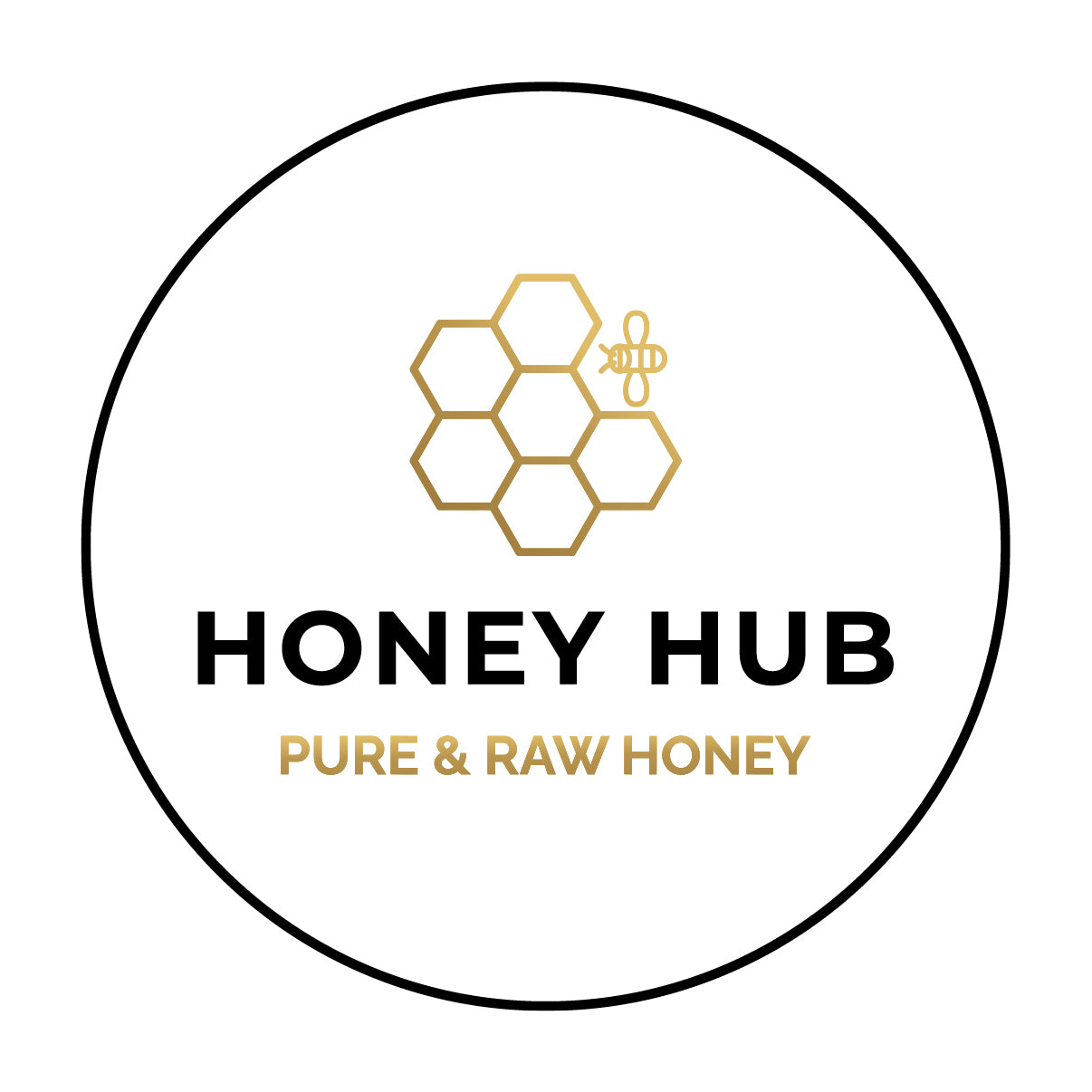What makes honey pure?
1. A good source of antioxidants
Raw honey contains an array of plant chemicals that act as antioxidants. Some types of honey have as many antioxidants as fruits and vegetables. Antioxidants help to protect your body from cell damage due to free radicals.
Free radicals contribute to the aging process and may also contribute to the development of chronic diseases such as cancer and heart disease.
The raw version of honey can also contain bee pollen and bee propolis, which may have added benefits. A
2. Raw honey nutrition
Raw honey’s nutrition content varies by its origin and other factors. Generally, one tablespoon or 21 grams of raw honey
- calcium
- magnesium
- manganese
- niacin
- pantothenic acid
- phosphorous
- potassium
- riboflavin
- zinc
In addition, raw honey is a source of varying amounts of amino acids, enzymes, and other beneficial compounds.
The potential for both internal and topical treatments using raw honey is significant. Honey’s effectiveness as an antibacterial or antifungal varies depending on the honey, but some varieties are being studied for specific therapeutic uses such as against Candida-associated infections.
4. Heals wounds
A 2018 review of studies found that honey has antimicrobial properties. A
Keep in mind that the honey used in research settings is medical grade, meaning it’s inspected and sterile. It’s not a good idea to treat cuts with honey you buy from a store. Always speak with your doctor before using honey for any medical purposes.
5. Phytonutrient powerhouse
Phytonutrients are compounds found in plants that help protect the plant from harm. For example, some keep insects away or shield the plant from ultraviolet radiation.
The phytonutrients in honey
6. Help for digestive issues
Honey is sometimes used to treat digestive issues such as diarrhea, though research to show that it works is limited. It may have potential as a treatment for Helicobacter pylori (H. pylori) bacteria, though, a common cause of stomach ulcers.
It also contains beneficial prebiotics, meaning it nourishes the good bacteria that live in the intestines, which are crucial not only for digestion but overall health.
7. Soothe a sore throat and cough
Honey is an old sore throat remedy that soothes the ache and can help with coughs. Add it to hot tea with lemon when a cold virus hits.
Though more research is needed, a
A 2016 study also suggested that the antibacterial and anti-inflammatory properties are effective for helping a sore throat.
8. Brain benefits
There may even be some cognitive benefits to raw honey. The polyphenols in honey
The antioxidant and anti-inflammatory effects can benefit many parts of the body, including brain health.
